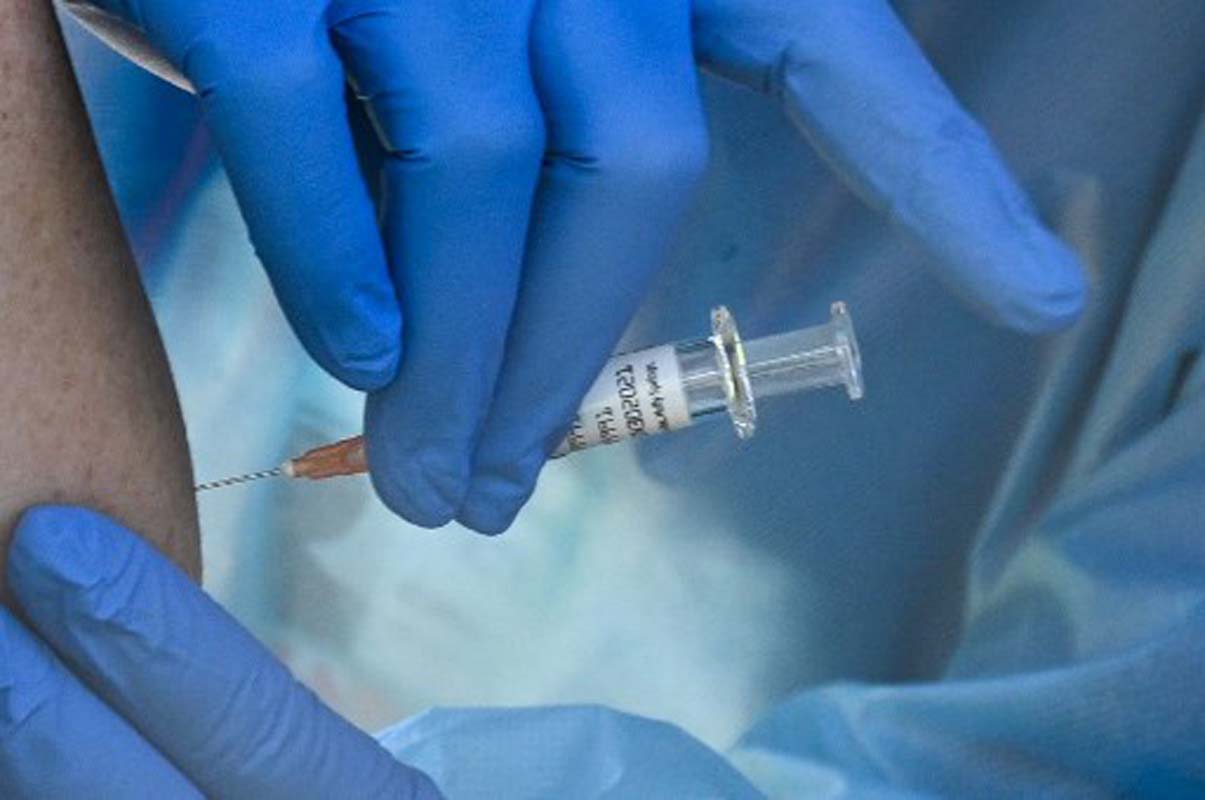
403
Sorry!!
Error! We're sorry, but the page you were looking for doesn't exist.
Mpox Plagues Several Countries, Africa CDC Warns
(MENAFN) Mpox, which has devastated several African nations, claiming hundreds of lives, remains a serious health crisis, according to the Africa Centers for Disease Control and Prevention (Africa CDC). In a statement released Thursday, the organization confirmed that an advisory group reviewing the epidemic has identified troubling surges in numerous countries, reinforcing the need for continued emergency measures.
The Emergency Consultative Group, a panel of experts advising the Africa CDC director general on mpox, recommended that the Public Health Emergency of Continental Security (PHECS) be maintained to safeguard political commitment, secure necessary resources, and ensure countries stay vigilant.
Despite a 52% decrease in confirmed cases reported weekly, new outbreaks have emerged in countries such as Ghana, Liberia, Kenya, Zambia, and Tanzania. Additionally, fresh cases have been detected in Malawi, Ethiopia, Senegal, Togo, Gambia, and Mozambique.
The group convened on September 2 to evaluate the current situation and decide if the emergency declaration should be ended. After careful review, they concluded that it is crucial to keep the emergency status in place, warning that ending it too soon might lead to complacency, decreased funding, and a higher chance of the outbreak resurging.
Furthermore, the panel called for enhanced investigations into mpox-related fatalities, particularly among children, and urged the expansion of vaccination programs to include children under 12 in high-risk regions.
The advisory group also recommended continued coordination across the continent, highlighting the need to integrate the mpox response with efforts to combat other health emergencies, such as the ongoing cholera outbreaks.
As of Thursday, Yap Boum II, the deputy incident manager for mpox at Africa CDC, disclosed data showing that nearly 186,000 mpox cases have been reported across 29 African nations since the beginning of 2024. Of these, 51,969 cases were confirmed, and 1,987 deaths have been recorded.
While the situation has seen improvements in surveillance, lab capabilities, and vaccination coverage, the advisory group warned that the current downward trend in cases is insufficiently stable to justify lifting the emergency declaration at this time. The public health emergency was initially declared on Aug. 13, 2024.
The Emergency Consultative Group, a panel of experts advising the Africa CDC director general on mpox, recommended that the Public Health Emergency of Continental Security (PHECS) be maintained to safeguard political commitment, secure necessary resources, and ensure countries stay vigilant.
Despite a 52% decrease in confirmed cases reported weekly, new outbreaks have emerged in countries such as Ghana, Liberia, Kenya, Zambia, and Tanzania. Additionally, fresh cases have been detected in Malawi, Ethiopia, Senegal, Togo, Gambia, and Mozambique.
The group convened on September 2 to evaluate the current situation and decide if the emergency declaration should be ended. After careful review, they concluded that it is crucial to keep the emergency status in place, warning that ending it too soon might lead to complacency, decreased funding, and a higher chance of the outbreak resurging.
Furthermore, the panel called for enhanced investigations into mpox-related fatalities, particularly among children, and urged the expansion of vaccination programs to include children under 12 in high-risk regions.
The advisory group also recommended continued coordination across the continent, highlighting the need to integrate the mpox response with efforts to combat other health emergencies, such as the ongoing cholera outbreaks.
As of Thursday, Yap Boum II, the deputy incident manager for mpox at Africa CDC, disclosed data showing that nearly 186,000 mpox cases have been reported across 29 African nations since the beginning of 2024. Of these, 51,969 cases were confirmed, and 1,987 deaths have been recorded.
While the situation has seen improvements in surveillance, lab capabilities, and vaccination coverage, the advisory group warned that the current downward trend in cases is insufficiently stable to justify lifting the emergency declaration at this time. The public health emergency was initially declared on Aug. 13, 2024.

Legal Disclaimer:
MENAFN provides the
information “as is” without warranty of any kind. We do not accept
any responsibility or liability for the accuracy, content, images,
videos, licenses, completeness, legality, or reliability of the information
contained in this article. If you have any complaints or copyright
issues related to this article, kindly contact the provider above.















Comments
No comment